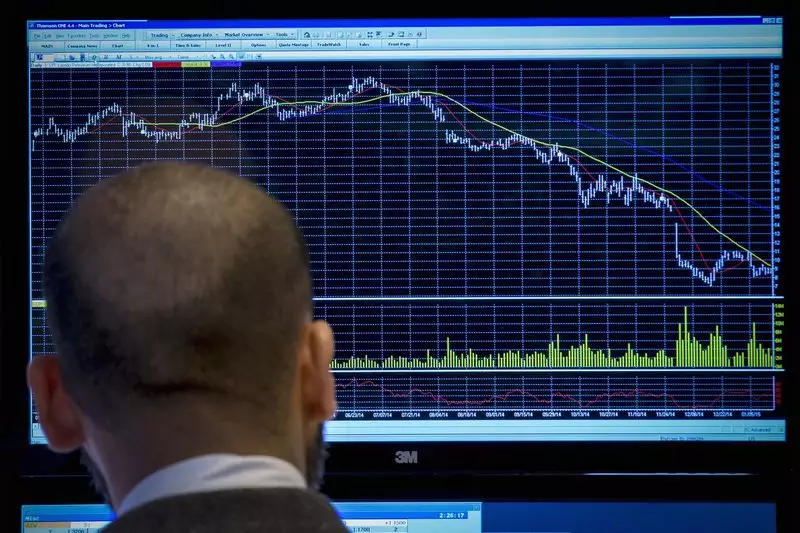Bitcoin, the world’s leading cryptocurrency, has recently reached unprecedented heights, breaching the $99,800 mark. The trajectory it has taken in 2023 can only be described as remarkable; its value has more than doubled since the start of the year, and it has surged approximately 45% following the historic election victory of Donald Trump. This swift ascent points not only to the heightened interest among investors but also to a broader shift in the landscape of cryptocurrency under what many perceive as Trump’s pro-digital asset climate.
The initial spike in Bitcoin’s price can be attributed to a growing optimism regarding regulatory changes that may favor cryptocurrencies. Trump’s previous remarks about positioning the U.S. as a potential ‘crypto capital’ have encouraged bullish sentiments in the market. This shift in perception could potentially provide a more fertile ground for cryptocurrencies to flourish, especially as pro-crypto lawmakers have gained seats in Congress. Shane Oliver, the chief economist at AMP Australia, offered insights into this scenario, noting that as Bitcoin persists, it gains legitimacy, evolving from a fringe asset into a more serious contender in the financial landscape.
Despite the euphoria surrounding Bitcoin’s growth, analysts like Oliver express concerns over the volatility and the inherent difficulties in valuing such an asset. Although Bitcoin’s current momentum suggests further gains, economic principles struggle to apply effectively to cryptocurrencies. This difficulty in establishing a solid valuation framework contributes to the ongoing debate among investors and economists alike. The primary question remains: will Bitcoin sustain its upward trajectory, or is it bound for a correction?
One aspect fueling investor enthusiasm is the approval of Bitcoin exchange-traded funds (ETFs) within the United States. After years of attempts to block these financial instruments, the SEC has finally allowed them, recognizing their potential to broaden market participation, especially among institutional investors. Since the election, these ETFs have attracted over $4 billion, indicating strong demand and a transformative shift in how Bitcoin interacts with traditional investment strategies.
Interestingly, while Bitcoin recently approached its record high, it experienced a modest pullback, trading at around $99,383, indicating a potential phase of consolidation. Such fluctuations are typical in the cryptocurrency market, which is marked by sharp rises followed by corrections. Despite this pause, many analysts believe that the momentum for Bitcoin’s growth remains intact, hinting at an evolving market landscape where trades may increasingly trend toward the bullish side.
Moreover, various U.S.-listed companies engaged in cryptocurrency trading saw their stock performances stabilize amid Bitcoin’s youthful fluctuations. Notably, micro-strategy firm Microstrategy continues to be a front-runner, significantly benefiting from its aggressive Bitcoin acquisition strategy, which has evidently paid off in shareholder value amidst rising Bitcoin prices.
Looking ahead, the overarching influence of regulatory environments on Bitcoin’s future cannot be ignored. With Trump replacing Gary Gensler as the SEC Chair in January, a potential shift away from stringent regulations could catalyze Bitcoin’s ascension to more mainstream acceptance. If the new administration focuses on fostering innovation in cryptocurrency, we could see investors flocking to Bitcoin, further pushing its value upward.
However, any potential regulatory embrace comes with the caveat of market volatility. The very nature of cryptocurrencies, characterized by high risk and reward, means that investors must cultivate a sound understanding of the market dynamics at play. Despite the current bullish sentiment, the twin threats of regulatory uncertainties and market corrections loom.
Bitcoin’s record highs spotlight a pivotal moment for cryptocurrency in the financial sphere, driven by favorable sentiments and important regulatory shifts. Investors are left to ponder whether the current fervor can sustain its upward momentum or if corrections lie ahead. As Bitcoin continues to navigate this evolving landscape, it remains an asset to watch closely, with implications that could redefine investment norms in the age of digital currencies.

